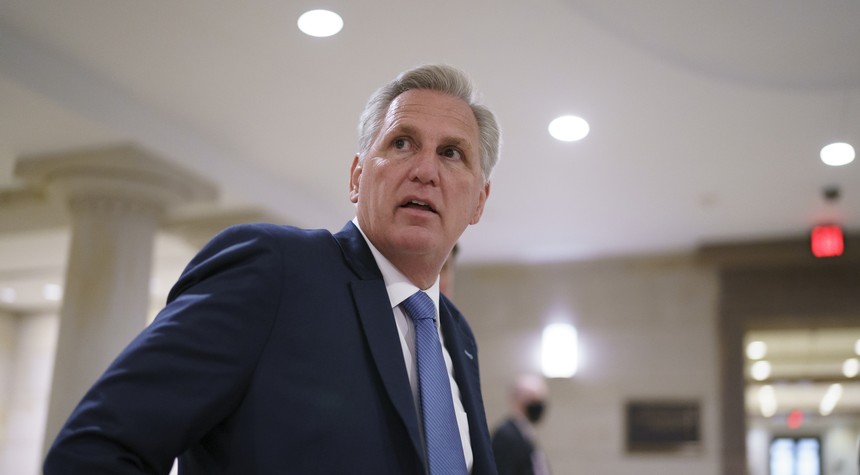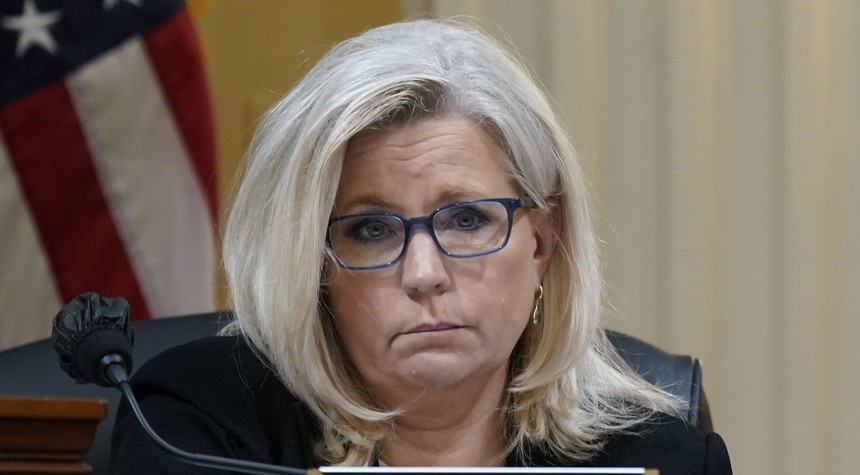If you’re a teacher in a public school who’s seen students withdraw in recent years and go elsewhere, you don’t understand it; especially those students who head for a school with an old-fashioned classical curriculum. It doesn’t make sense, though the trend is clear. New York City schools will have 30,000 fewer students this year than last year, a departure that follows a national exit from public schools. One beneficiary of the exodus is classical education, where enrollments are jumping.
But why? Our teacher can’t say. She has a progressive model of schooling—ed school trained her well—and she knows that all the learning ideals are in her favor. Creativity, individuality, relevance, and social betterment—they’re the hallmarks of child-centered classrooms attuned to current realities. Diversity, equity, and inclusion guide the readings and homework she assigns. She wants students to become critical thinkers and social change agents. Her benevolence is obvious to parents.
So why the departures for a system so different from her own? Why do Great Hearts Academies in Phoenix alone have a waiting list of 8,000 kids? Classical education shouldn’t be that popular; it loses on every progressive scorecard. So much is happening in America today, so many woke advents, and classical schools are stuck on Plato. They force kids to memorize things, too, even as it blocks a student’s creative impulses. They like assessments such as the Classic Learning Test, which includes hard-core Christian fathers such as Origen in its author bank.
Our progressive teacher is not impressed. Religious texts don’t belong on standardized tests. And the sight of 25 kids reciting the Preamble to the Constitution as one voice is dismaying—uniformity is oppressive. Also, she asks, where’s the relevance? What does an 18th-century novel offer our 21st-century junior with five social media accounts and worries over climate change, racism, and gun violence? Life presses upon them hard, and we must “meet the students where they are.” Robinson Crusoe doesn’t cut it. The syllabus must be more contemporary and political. Show a 10th-grader The Scarlet Letter and a book about hip-hop, and we know which one he’ll choose—and who are we to judge?
Classical educators also worship the past, and that’s a problem. The past itself is a problem. That’s why progressives are progressives. Too much injustice back then, lots of discrimination. The past is something to escape, not preserve. If we have to study it, we determine what went wrong, and figure out how to fix whatever effects of bias and inequality linger. Why revere materials from a world so inferior to our own (though we have very far to go)? The author of the Declaration of Independence was a slaveholder.
Few conceptions, however, are more damaging to the minds and souls of the young than that of the expulsion of the past. So our classicist believes with all her heart. Youths need tradition, they need roots. The past isn’t oppressive—it’s their inheritance, a river of greatness and brilliance in which they mature and deepen as they swim in it. Classical teachers have little time for guilt and injustice, not when they have the Sermon on the Mount, Hamlet’s words, and Beethoven’s concertos to impart.
What an evasion, our progressive snorts, a whitewashing. She’s indignant. To highlight George Washington’s Farewell Address and slight the slaves at Mount Vernon is a shameful practice. To teach Dante, Cervantes, and Milton without mentioning the denial of authorship to women during those times counts as a high crime.
Nothing will convince the progressive teacher to change that opinion. The moral frame is fixed, the long training secure. She welcomes critical race theory as the next step in schooling-for-social-justice. She has a lesson plan for Pride Month, which she rates above fourth-century Athens.
Which makes the disappearance of students from her classroom all the more incomprehensible. Parents should be happy with her moral outlook, not unhappy. And they most definitely should not retreat to classical schools. There, life is dull, prescriptive, insensitive, reactionary. Why those institutions are spreading is beyond her. Parents who like to hear their kids recite “Paul Revere’s Ride” and to find pictures of the Acropolis and the Pantheon in their kids’ folders don’t have an argument she must respect. They’re just a glass of ice water poured onto her convictions.
It doesn’t work for her to appeal to youth preferences, either. That won’t help, for the kids are alright in those old-fashioned spaces. Retention at classical schools is high, demand is strong and outcomes, too. The same isn’t true in public school classrooms, where the only question when NAEP results are reported is how disappointing they will be. Half the high-schoolers are bored to death, and they’re not learning much, either. The achievement gap that progressives abhor hasn’t closed in decades in spite of their efforts.
Our progressive can’t reconsider her premises, though. She has all the right ideas and values, and it’s not working. She’s at an impasse, and progressivism allows her no way out. There’s no “Let’s try this other way” available to her. The more her enrollments diminish, the more she hates Donald Trump and his supporters. Progressivism isn’t a theory to be tested by practice. It’s a faith, a worldview. She had a vision of the future in which she plays a productive role. The role of the classical teacher—to transmit the tradition—seems to her a constrained one, a comedown. She can’t go there. She’s like the Episcopal priest who observes fewer people in the pews as the months pass, but can’t stop boasting how inclusive his church is.
There’s no going back, not for our teacher. Classicism urges us ever to return to the sources, to innovate gradually and infrequently, to judge our creations by the examples of the masters. Progressivism looks forward, always forward. No masters, no timeless inventions, no second thoughts. She will stick with her vision, and if her classes get smaller, well, so be it. True believers do not weigh their truth by popularity.








